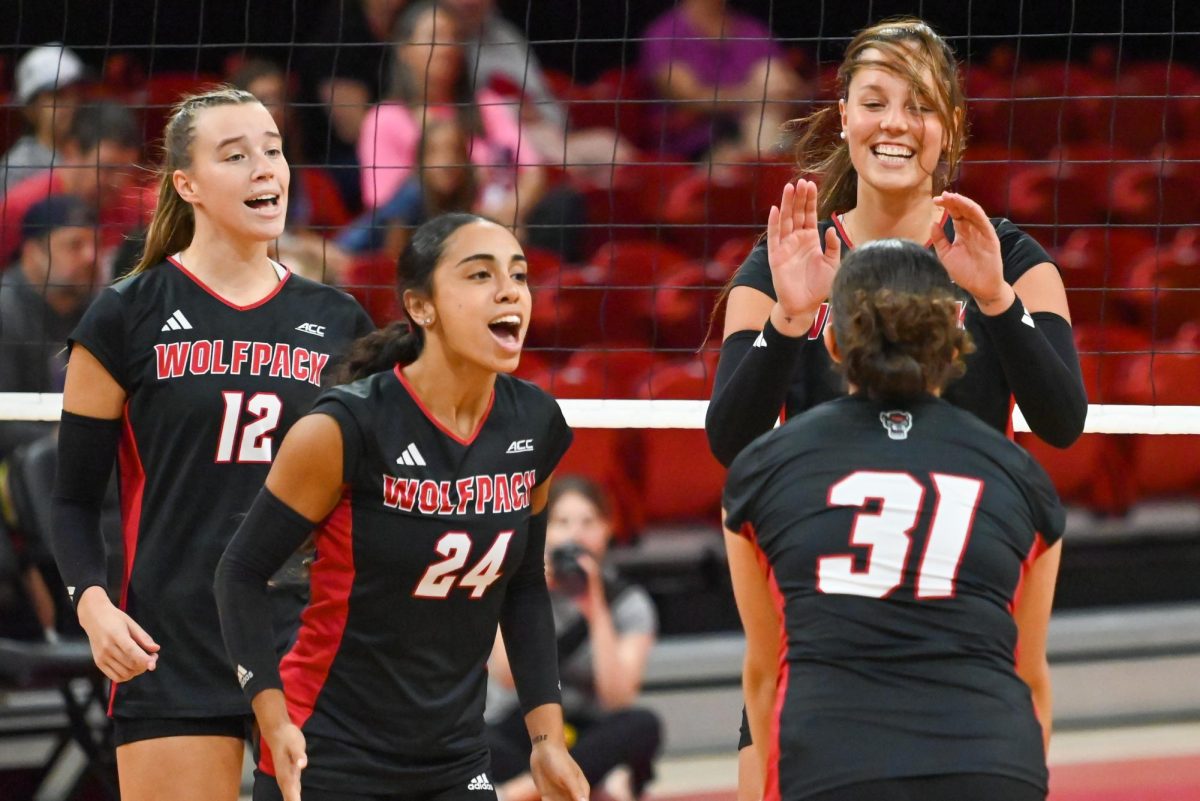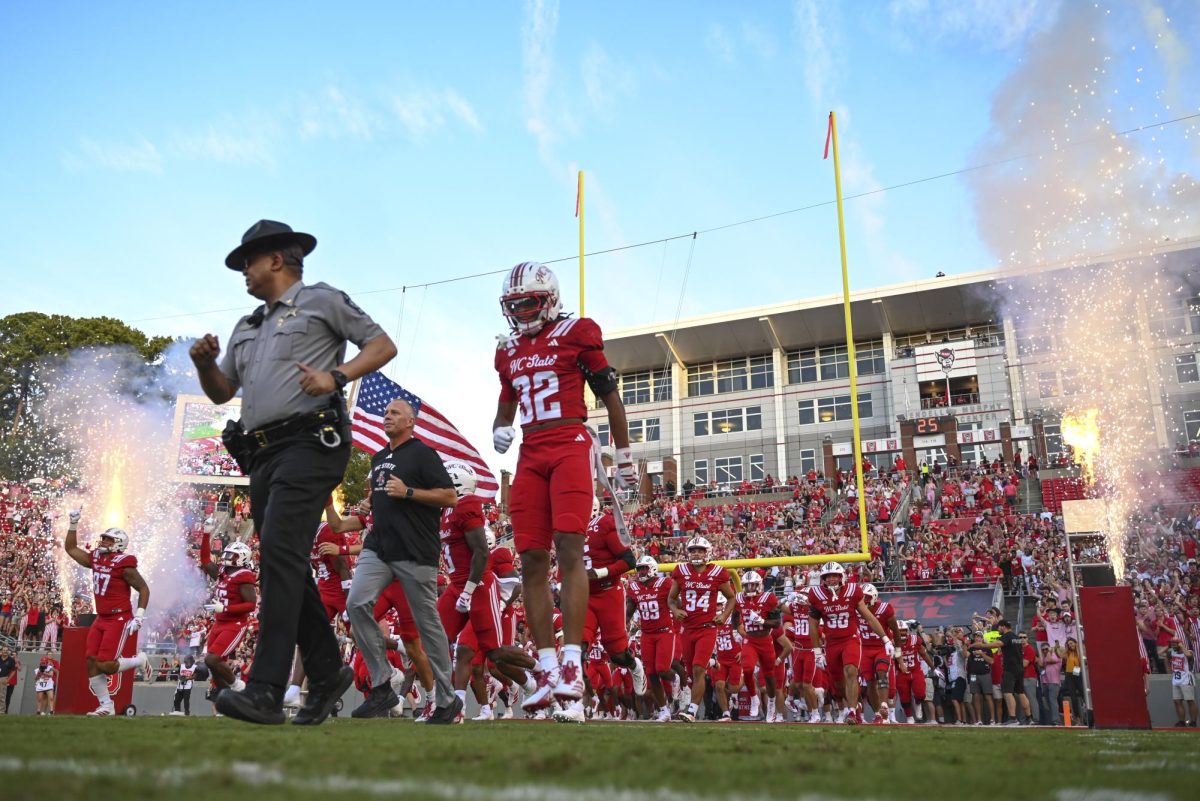Getting real-world work experience is important for students, but many who are studying humanities and social sciences are not taking advantage of the internship opportunities offered through the University.
Susan Katz, an internship coordinator and associate professor of English, said that she has been attempting to advertise and market her internship class to get more students to join, as most students enrolled within the College of Humanities and Social Sciences are not required to have an internship during their undergraduate career.
“There are probably 1,000 students that [the internship class] is available to, and I get 20 students [a semester].”
Katz said that this semester she had 20 employers contact her about student internship positions, but she only had enough interested students to fill six of those positions.
“In addition, I have a list of 14 employers who always want an intern, and I only placed students in five of them,” Katz said.
Katz said internships are important for everybody, but especially students in CHASS because careers are not usually as defined as in other fields of study. In the humanities, students often times don’t know exactly what they want to do when they graduate.
The actual field experience that internships provide would better help students understand whether or not a certain career would be a good fit, Katz said.
Katz said she keeps a variety of employers on her email list to try to help every student’s needs.
“I do maintain a list of employers who have had an intern in the past, or who have expressed interest in an intern or who have been contacted about possibly hosting an intern, and there are over 300 names on that list,” Katz said.
Dick Reavis, an associate professor in English who teaches journalism classes at N.C. State, said real world experience also allows students to perform better in the classroom, as they seem to have a better sense of their priorities.
“If students have practical experience, it makes them better,” Reavis said.
Reavis said the current model of education doesn’t do enough to help students; they cannot simply absolve knowledge from sitting in class, listening to professors and reading textbooks.
“In journalism, experience is the most important thing,” Reavis said. “The way you get a job is ‘show me your clips,’ not ‘show me your degree.’”
Reavis said he can only speak to his field, but the importance of real-world experience is most likely similar in other fields as well.
“I suspect if I were teaching archaeology and I had a student that had been on a dig, they would be a better student,” Reavis said.
On Jan. 29, Gov. Pat McCrory appeared on a national radio show and said he was going to develop legislation that would put less emphasis on enrollment, and more on developing careers. He said the plan wouldn’t be “based on butts in seats but on how many of those butts can get jobs.”
But during this interview, McCrory seemed to question the importance of even having a liberal arts education.
“If you want to take gender studies, that’s fine, go to a private school and take it,” McCrory told the radio host Bill Bennett, who is a former U.S. Secretary of Education. “But I don’t want to subsidize that if that’s not going to get someone a job.”
Katz said that when people hear the word humanities, they often just think of literature and history and don’t understand all that the field has to offer. But she said that she agrees that we need to create opportunities for students to be able to get jobs.
“We don’t want N.C. State to become a vocational school,” Katz said. “We want students to get a rounded education.”
The skills taught in humanities courses are exactly what jobs are looking for, Katz said, referencing data collected from employers who responded to Job Outlook 2013, a survey prepared by the National Association of Colleges and Employers. Many of the top-10 skills and qualities they look for in a job candidate are taught in humanities fields, such as the ability to verbally communicate with those inside and outside of the organization, which the survey listed as the most sought-after skill by employers.




